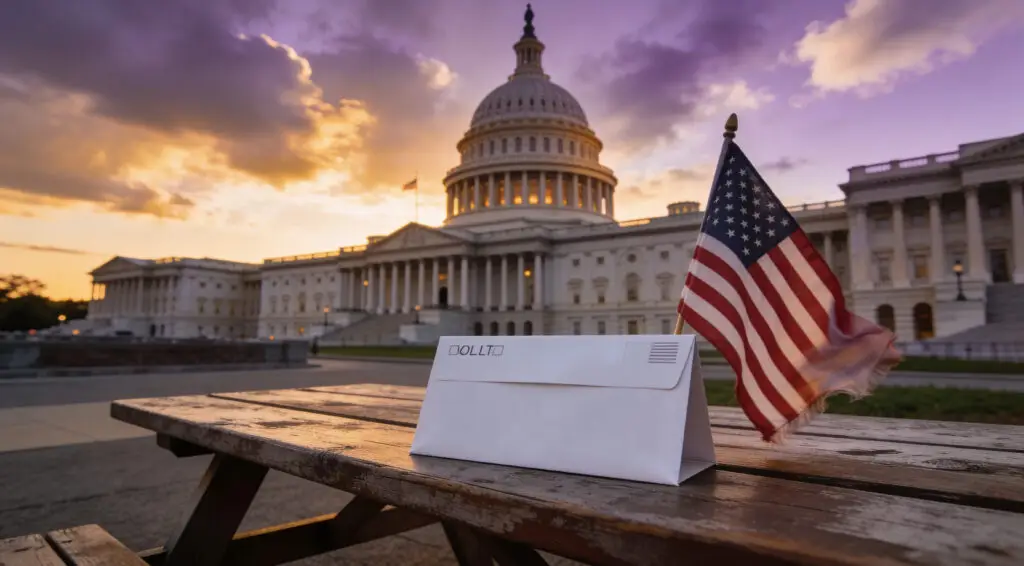This week’s fallout does not end there, as cryptocurrency firms try to plunge themselves into the seasoned banking industry. As both the finance and technological industries unscrupulously attempt to challenge Uber and Google’s monopoly with rules and regulations, the worlds GPS-powered serivices are left scrambling in the commotion during the pas few days.
FTC’s Lawsuit Uber For Alleged Scam Uber One Practices
Uber is in hot water after FTC opened a lawsuit against them because they believe Uber engages in deceptive billing and cancellation practices via the Uber One Subscription service. Netflix claims that Uber subscribes users to the service without their consent, fails to deliver promised savings, and purposefully complicates the process of canceling the subscriptions in order to frustrate users.
Uber’s defense is that, on most occasions, consumers withdraw from subscriptions in roughly 20 seconds. They further claim that the lengthy user journeys described in lawsuits are exaggerated, pointing to their metric which states 20 seconds is what the average consumer takes to cancel. This lawsuit sheds light on the focus which regulators have for big tech companies surrounding subscriptions and payment disclosure.
DOJ’s Chrome Sale Antitrust Action: Google Underscored
The Department of Justice has taken action to disrupt the company’s chokehold by urging a federal judge to demand Google sell off its Chrome web browser. This action is the latest in a Google antitrust lawsuit which claims that the search engine company has an illegal monopoly that controls the market severely stifling competition. The DOJ maintains that Google has taken advantage of its market dominance in search by taking Chrome on a promotional ride, crippling the development of competing browsers.
The Justice department is also trying to get an order canceling contracts in which Google has placed itself as default search engine for smartphones and number of other gadgets. Google has opposed these arguments stating that they would bring about too much innovations, which negatively impacts consumers by too many choices, lack of effortless usage of Google products and added expenses. This case focuses on the discussion regarding the overwhelming influence of new technologies and the intervention needed to foster equitable treatments of businesses by authorities.
Infiltrating the Banking System: The Bold Ambition of Crypto
As reported recently, cryptocurrency companies like BitGo and Circle have set their eyes on the traditional banking system. This comes after Trump’s statement on making the US a “Bitcoin superpower” and signaling a more positive policy outlook for the crypto sector. As reported, BitGo and Circle are looking to apply for bank charters and licenses.
Finding regulatory approval would enable these crypto companies to accept deposits and process loans, leveling the battlefield between them and well-established banks and lenders. On this note, reports reveal Coinbase and Paxos are also contemplating similar moves, suggesting a broader industry interest. Such a shift was nearly impossible a few years back when major banking institutions cut partnerships with crypto firms due to tightening regulations following the FTX crisis. Integrating traditional banking and crypto would change the landscape of the financial industry and the world as we know it.















